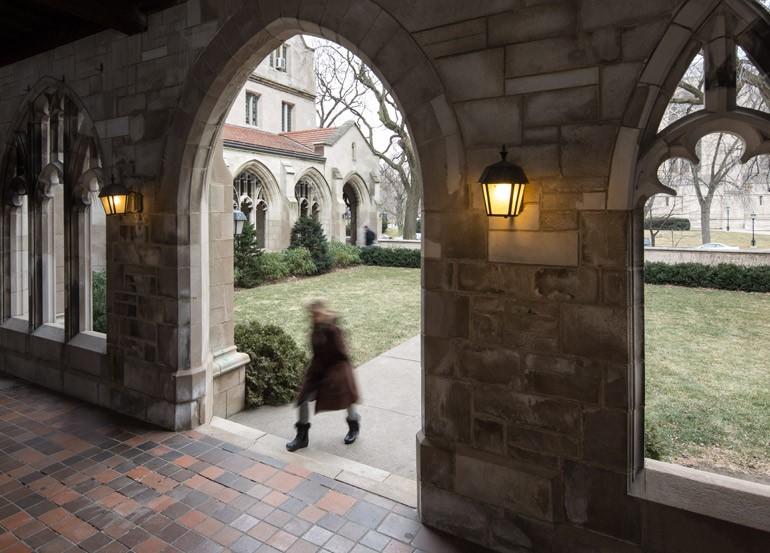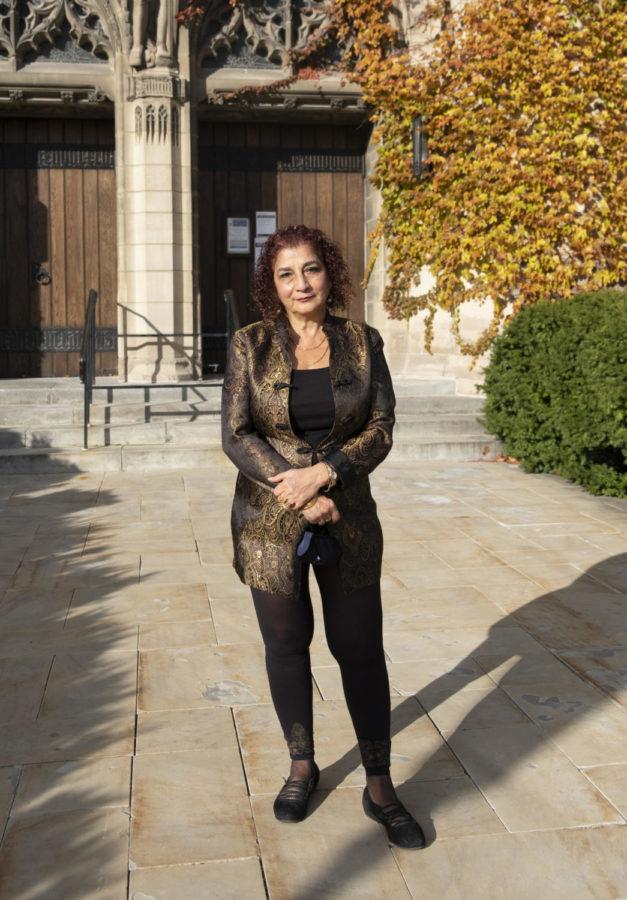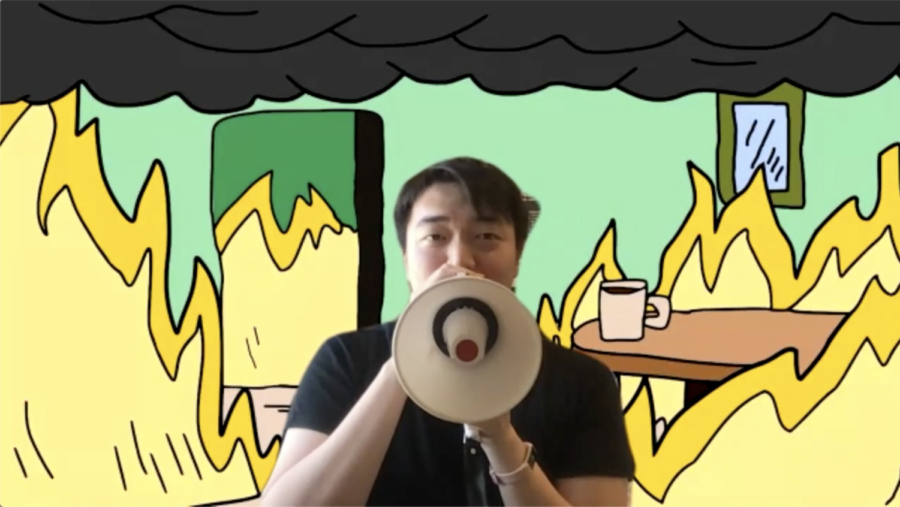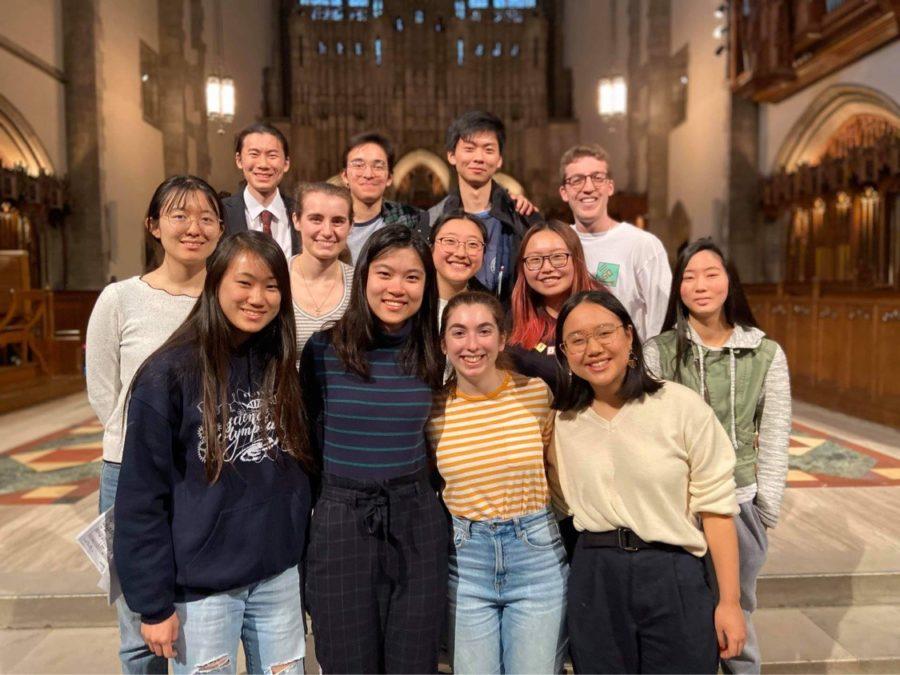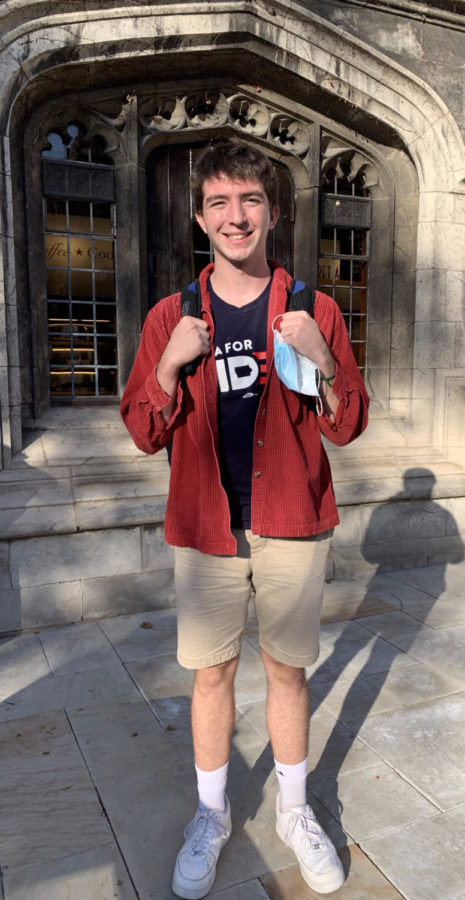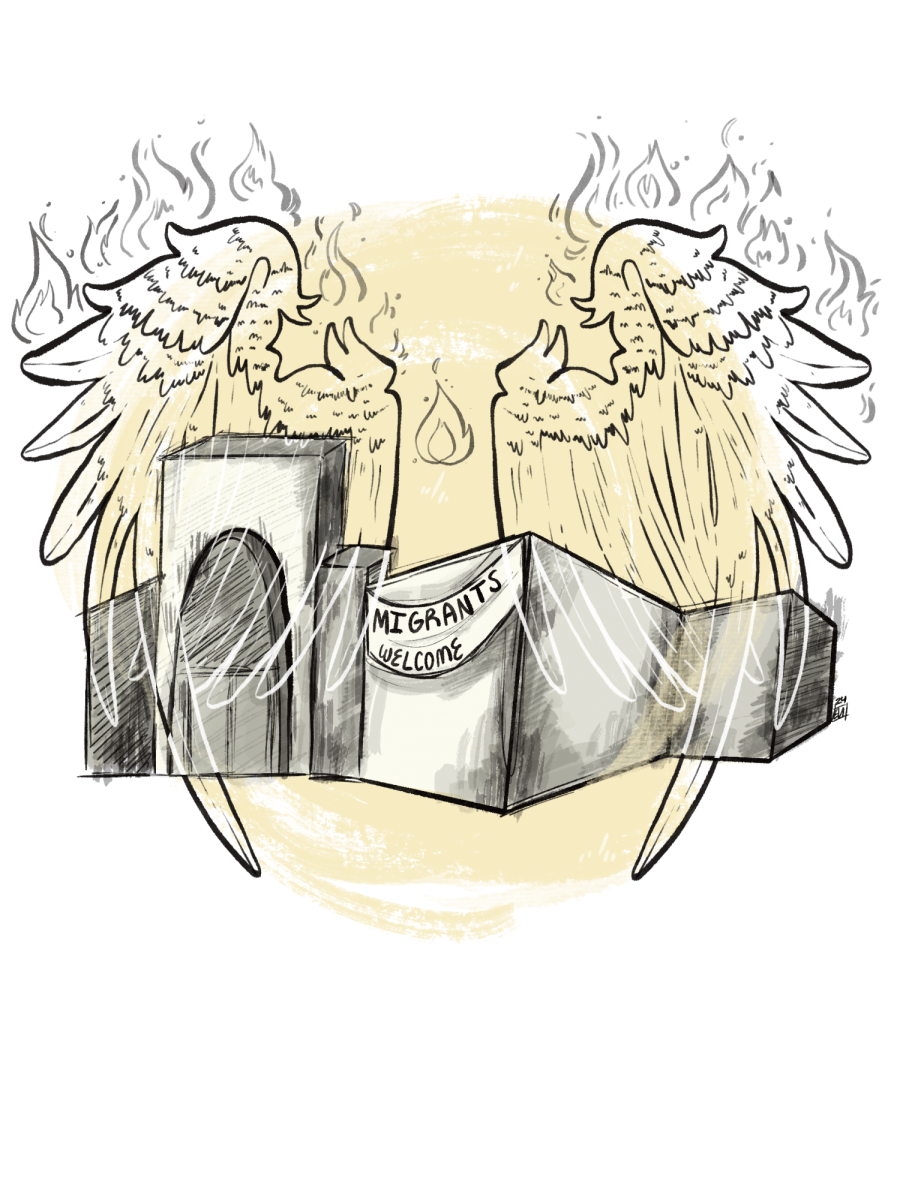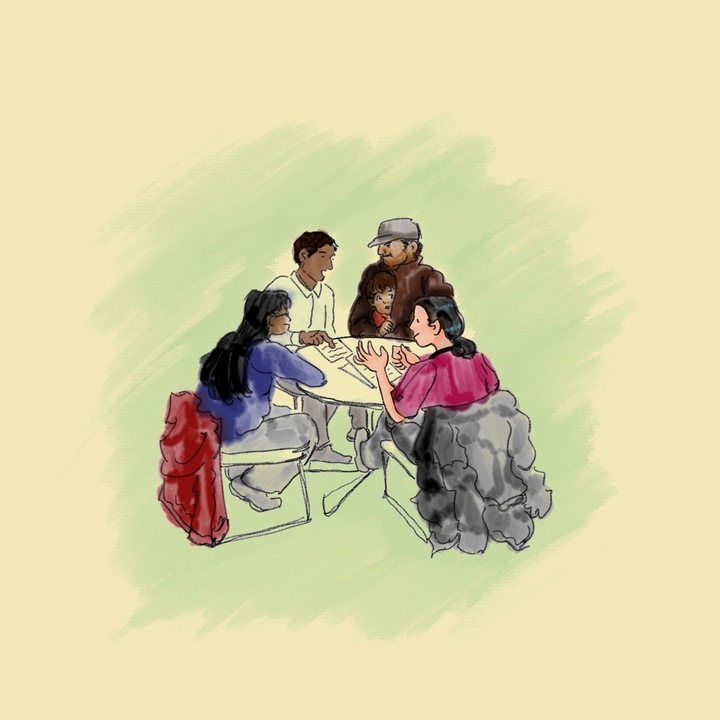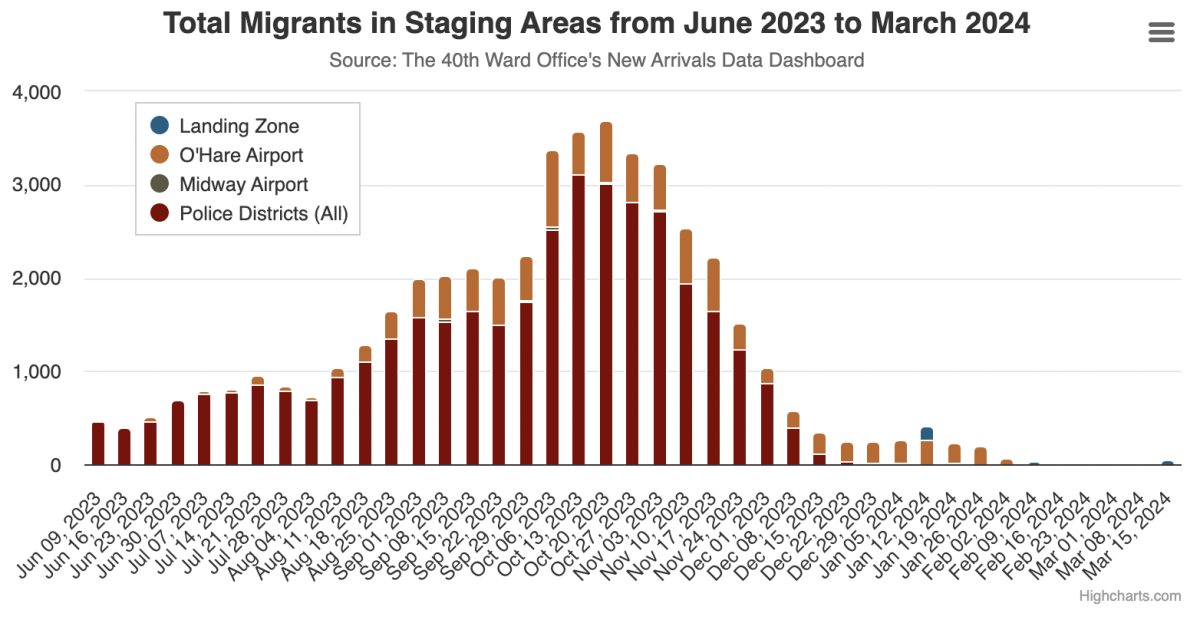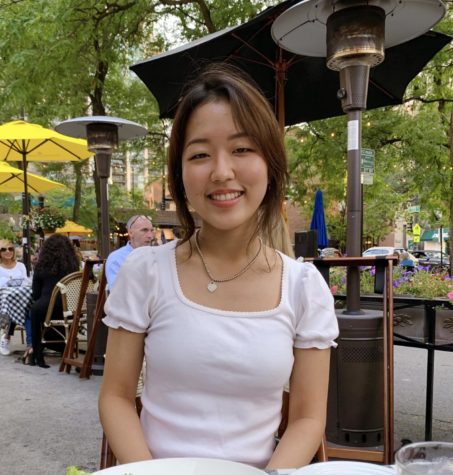International students who decided to take virtual classes from their home countries have faced a unique set of disadvantages with online learning. As a result of time-zone and cultural differences, many have faced additional challenges toward reaching their full potential in school.
Christopher Cheung, a second-year, has been taking classes from Hong Kong, which is 14 hours ahead of Chicago. Rescheduling classes that take place late at night in Hong Kong has been a difficult process for Cheung. “As an international student, it’s impossible to go to office hours due to the time difference,” he said. “While professors may be open to [changing office hours], [the] process is democratic, so it always ends up in US time.”
For Cheung, the difficulties of studying internationally were complicated by sometimes unaccommodating professors. Last quarter, one of Cheung’s classes held weekly office hours at 6am in Hong Kong. Upon asking his professor whether office hours could be moved to a more convenient time, he received an email saying, “5 am on Friday for you…is not exactly the middle of the night.”
Second-year Zachary Lee, a Singaporean citizen also taking classes 14 hours ahead of Chicago time, found the demands of balancing his university obligations so difficult that, in fall quarter, he switched to living entirely in Chicago time. He slept at 4 p.m. and woke at 1 a.m. in Singapore time.
“Your body isn’t used to sleeping during the day. I did night shift in the Singaporean army for two years, sleeping during the day, and it’s still bad. Obviously, sunlight has a big impact on mood, at least for me, and I try to make it a point to go out in the morning so I can see the sun. Otherwise it’s really depressing.” Sleeping for most of the day has also caused Zach to miss meals with his family.
Nevertheless, Lee has found his professors to be flexible toward his situation. “All my professors are quite accommodating with exams, and you just have to manage your schedule for problem sets,” Lee said. He also commended one of his professors for “really going as far as he can to help us in this virtual format: it makes you feel less garbage.”
Beyond the classroom, attending the College with a 14-hour time difference has complicated international students’ ability to pursue extracurricular activities.
Most RSOs schedule their activities around Chicago time, making it difficult for some international students to participate. “We comprise such a small proportion of the student body it doesn’t make much sense to cater to us specifically,” Lee said.
The impact of being virtual has also limited the course options of international students, although some students say one solution might be to offer more evening courses.
Sophia Koock, a Korean American who has been studying in Seoul, South Korea, since the beginning of the pandemic emailed six professors asking if she could take their classes asynchronously because information about time flexibility was not widely disseminated. “It can be really disappointing because there are classes I really wanted to take, but when it’s at 3 a.m., it’s hard,” she said.
Going into next quarter, Koock hopes more courses will be offered that meet in the evening in Chicago. Her Sosc class, offered late in the day in Chicago, had West Coast students an hour or two behind, as well as Chicago students who preferred evening courses. “I really appreciate that because it can’t be fun to teach until 9 p.m., but I really appreciate having a more normal class experience,” Koock said.




